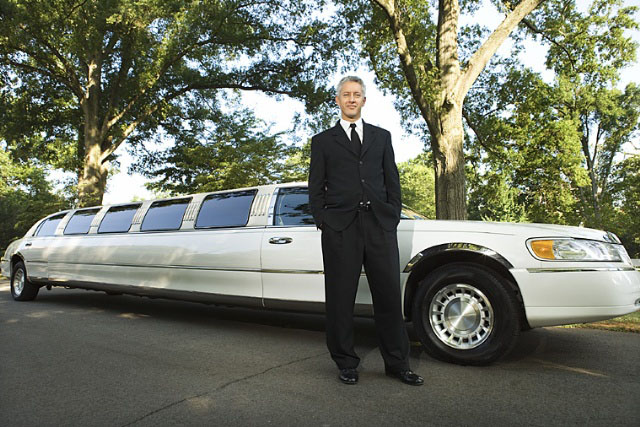Democrats in GOP States Stay Distant From Party
Dems in GOP States Stay Distant From Party (AP)
Democrats running for the Senate in Republican-leaning states want to be more like President Bush clearing brush in Crawford, Texas, than John Kerry windsurfing off Nantucket Island, Mass. Democratic chances of regaining control of the Senate may depend on candidates who run away from their party platform and their presidential contender. “We’ve got eight or nine really competitive races and just about all are in strong Bush states,” said Larry Sabato, director of the Center for Politics at the University of Virginia. “Democrats have some bad luck here.”
Republicans control the Senate 51-48 with one Democratic-leaning independent, but the minority party’s gap becomes wider on an election map where most close races are in states likely to go for Bush. Of the nine states with the most competitive Senate races, Democratic challenger Kerry is seriously contesting only Florida and Colorado. He’s effectively conceding Kentucky, North Carolina, South Carolina, Louisiana, Oklahoma, South Dakota and Alaska. Democrats have to win seven of those nine seats to control the Senate.
*** _Rep. Brad Carson, running against former Republican Rep. Tom Coburn in Oklahoma, said state voters “look at George Bush in this presidential race and they say, ‘Oh, that’s me. He’s clearing brush in Crawford. John Kerry is windsurfing off Nantucket.'”
_Erskine Bowles, the North Carolina Democrat running against GOP Rep. Richard Burr, commented, “I don’t think I need to be in lockstep with anybody other than the people of North Carolina.”
_Former Alaska Gov. Tony Knowles, the Democrat trying to defeat endangered Republican Sen. Lisa Murkowski (news, bio, voting record), supports Bush’s top energy priority, opening the Arctic National Wildlife Refuge to oil drilling.
_The Senate’s top Democrat, Minority Leader Tom Daschle in South Dakota, has run an ad showing him embracing the president when Bush spoke to Congress shortly after the Sept. 11 attacks. The message was that Daschle can work with Bush when necessary. Republican opponent John Thune says Daschle is a major source of the gridlock that has blocked much of Bush’s agenda in Congress.
_South Carolina’s superintendent of education, Democratic candidate Inez Tenenbaum, has said she supports a ban on gay marriage and agreed with the invasion of Iraq.
Republicans have countered with ads showing their Democratic opponents pictured with liberals like Sens. Ted Kennedy, Hillary Rodham Clinton and Daschle.
This is somewhat amusing, although, presumably, Republicans in Kerry states would be doing something similar if they were in competitive races. Indeed, the truly remarkable thing is that there are so many competitive Senate races in states where the presidential contest is a blowout. After all, we live in Two Americas.
(HT: Ed Morrissey)



A vote for Bush or Kerry doesn’t necessarily mean a vote for the same party for Senate or Representative.
Some of us don’t vote party-line. We vote for whoever we think will do the best job.
Sure. The problem with that, though, is that you undermine your policy preference. Even a conservative Democrat will vote for Tom Daschle (or his successor) for Majority Leader.
Even Zell Miller voted for Daschle — before he got disgusted with his party.
Yep. One can’t be a member of a party and not support the leadership on that vote–otherwise, no committee seats for you. Indeed, I’d vote against Zell Miller against most Republicans (were I a Georgia resident and he were running again) on that basis alone.